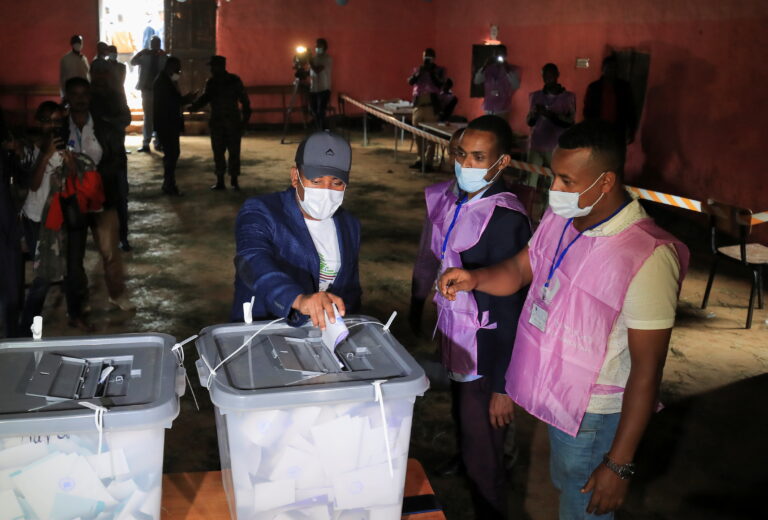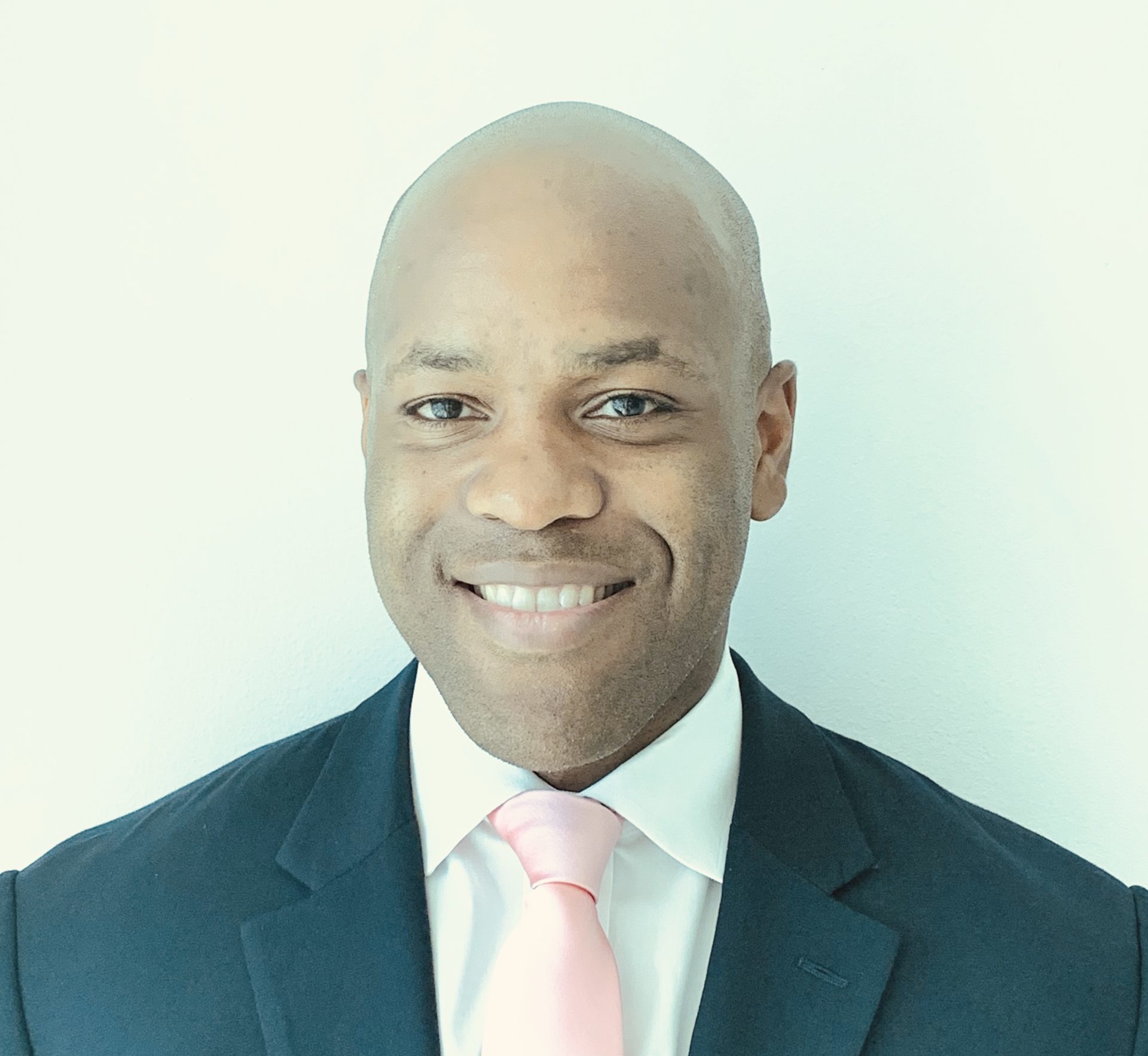
This originally appeared on TheAfricaReport.com
Congrats to Prime Minister Abiy Ahmed on his re-election (we all know who will win).
Now, everyone is looking to him to fix Ethiopia in the aftermath of Covid-19, a civil war, and a partially boycotted election. Below are three categories by which we shall grade the prime minister.
Privatisation (and Partnerships)
Two bidders put in offers for the telecoms operating license in Ethiopia. The country’s leadership selected the bid from the consortium of Kenya’s Safaricom and South Africa’s Vodacom underwritten with financing from the UK’s CDC Group, Japan’s Sumitomo Corporation, and the US Development Finance Corporation (DFC).
As part of its bid, the consortium pledged to spend $8bn on operations in the country during the next ten years. Despite economic sanctions against the country, the DFC appears set to release the initial $500m in funding.
The losing bid came from MTN backed by China’s Silk Road Fund. The US and UK financial backing likely preclude this consortium from using Huawei or ZTE technology and equipment.
These two realities have some observers viewing the outcome as a rejection of China, especially as Ethiopia was originally looking to award two licenses but then decided to only give out one license.
How to grade Abiy?
First, let us see what the strategy is with China and the US: Ethiopian leadership continues to choose (rightfully so) when to engage either country.
Secondly, what will happen with the 40% of Ethiopia Telecom that is now up for sale? A few Chinese backers will be sniffing around this opportunity.
Thirdly, how will the country privatise other industries going forward and attract foreign investment?
The ceremony for the telecom license did not necessarily feel like a true act of privatisation if Kenyan President Uhuru Kenyatta was the guest of honour for a signing ceremony – usually, that type of event involves two CEOs (or more) in their private sector capacities signing a contract and making a joint press announcement (but we will ignore that point for this discussion).
Lastly, Covid-19 (and to be fair a civil war), startled many foreign investors, and the return of those investors is predicated on the news coming out of Ethiopia over next two months relating to elections and peace (thus the second category of evaluation).
Peace
The Covid-19 pandemic delayed the general election twice, which was originally scheduled for August 2020. Then a civil war broke out in the Tigray region in November with Abiy’s government declaring the Tigray People’s Libration Front a terrorist group.
Both Ethiopia and Eritrea have sent forces to the region to fight Tigray forces with accusations of human rights violations and rape against coming against both armies. The fighting has displaced more than 1.7 million people from their homes and left more than five million requiring food assistance, according to the UN.
The election during the past week was a surprise for some locals who assumed there could be another delay. On the other hand, the lack of delay coupled with boycotts by leading opposition parties, including the Oromo Federalist Congress, created the pathway to victory for Abiy.
But what will Abiy do next?
The 2019 Nobel Peace Prize winner must now answer questions about the future of Ethiopia’s democracy and how he can keep the country together.
The peace deal with Eritrea cannot be taken away from his record or overstated considering the border war that separated families for decades.
Yet the legacy of the Abiy will heavily depend on the peace manufactured in the country AND the region. It is a tall order for any leader let alone the Nobel Peace Prize winner and quasi-designated ‘saviour’ in some Ethiopian circles.
Former US President Barack Obama knows a little something about winning a Nobel Peace Prize and then having partially unattainable expectations thereafter, especially for conflicts (i.e., Libya, Afghanistan, etc.) that are too complex and too dynamic for one country (or one leader) to solve.
Prosperity
Prosperity, in this context, is economic but very much depends on a post-election peace for a few reasons. First, the war and violence are costing lives and money for the country.
Secondly, the US sanctions and the blocking of access to new multilateral development bank lending is undercutting the country’s ability to carry on normal business. Rumours continue to circulate that the IMF and the World Bank could get dragged further into the sanction battle.
Thirdly, the process to restructure the country’s debt under the G20 Common Framework (GCF) remains muddied by the violence and the election. The process of restructuring was going to be slow regardless – look to the processes in Chad and Zambia as examples.
The Moody’s downgrade in May did not help the situation. Moody’s highlighted the country’s strained finances and the growing risk in the private sector credit market. The country is currently only servicing some private creditors and China.
Some sceptics believe that the choice of a US and UK financed telecom bid was also a result of the lack of flexibility by the Chinese with Ethiopia on repaying debt in the current market.
How does Abiy achieve prosperity?
Real GDP growth is the primary focus.
Alongside economic growth is the dire need for funding to combat the growing social and economic challenges on the ground among Ethiopia’s most vulnerable. Success on those two fronts is key – anything less will be unacceptable.
